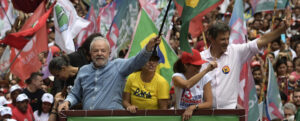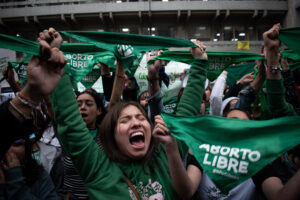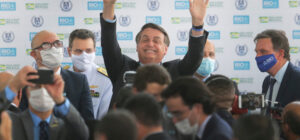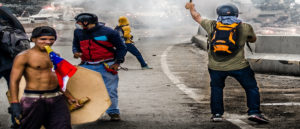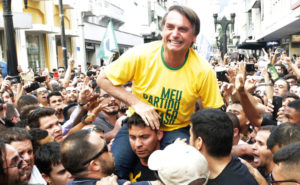
July 2024, Volume 35, Issue 3
Why Mexico Is Not on the Brink
Claudia Sheinbaum won Mexico’s presidency in a landslide, but celebration of her election as the country’s first female president was blunted by a deeper concern: Mexico’s deteriorating democracy. In truth, the country’s democratic institutions are highly resilient, and there is reason to be optimistic about what lies ahead.


